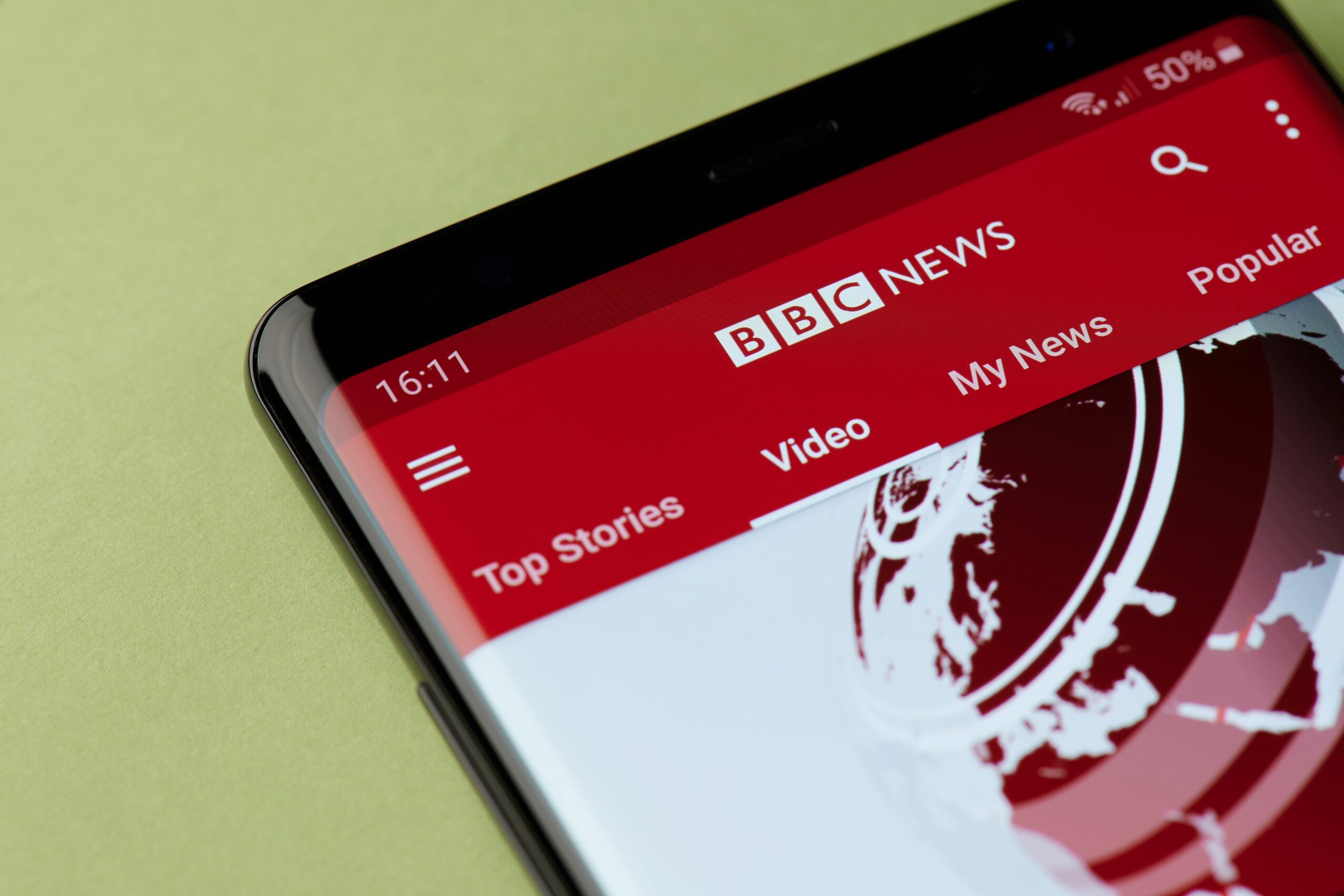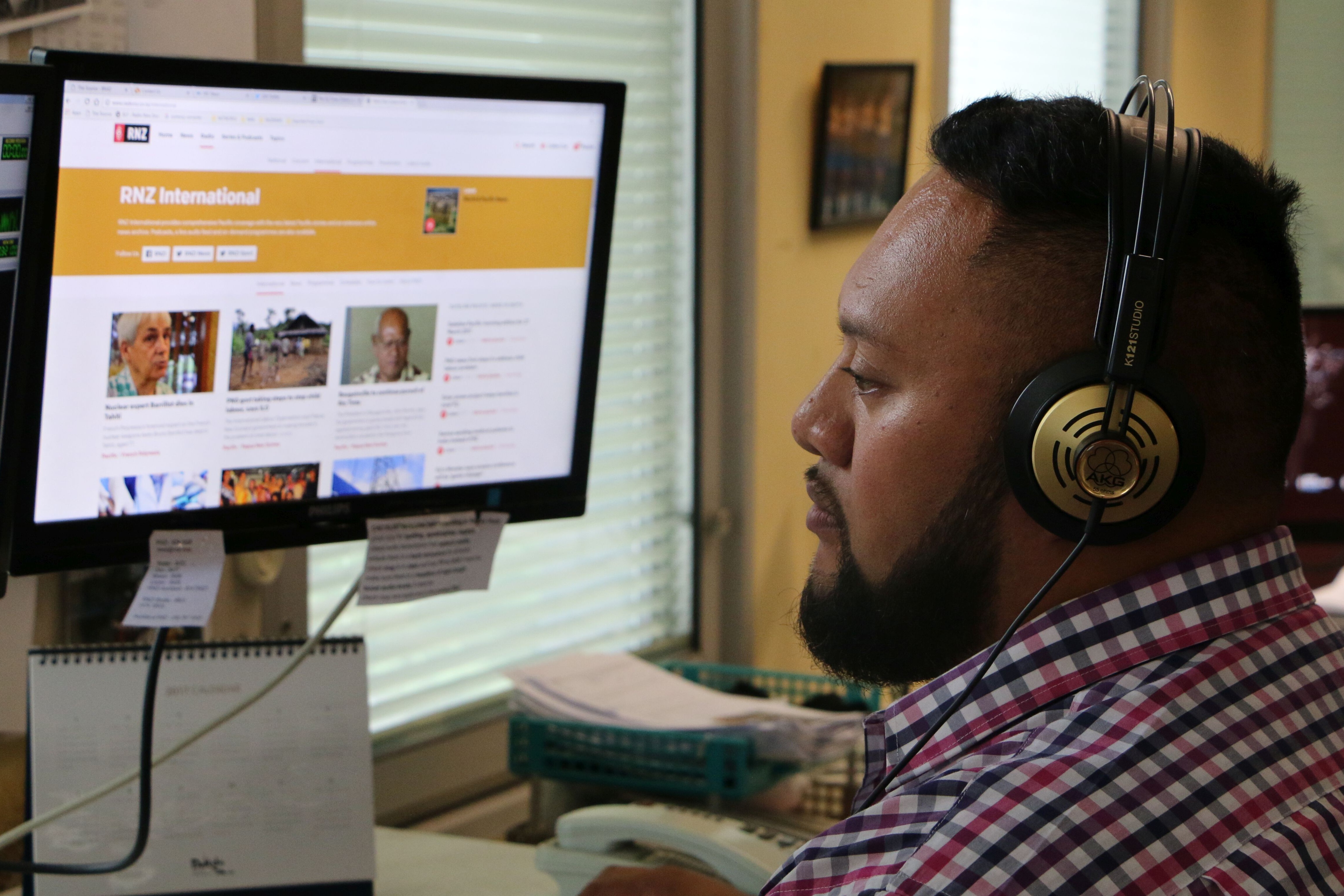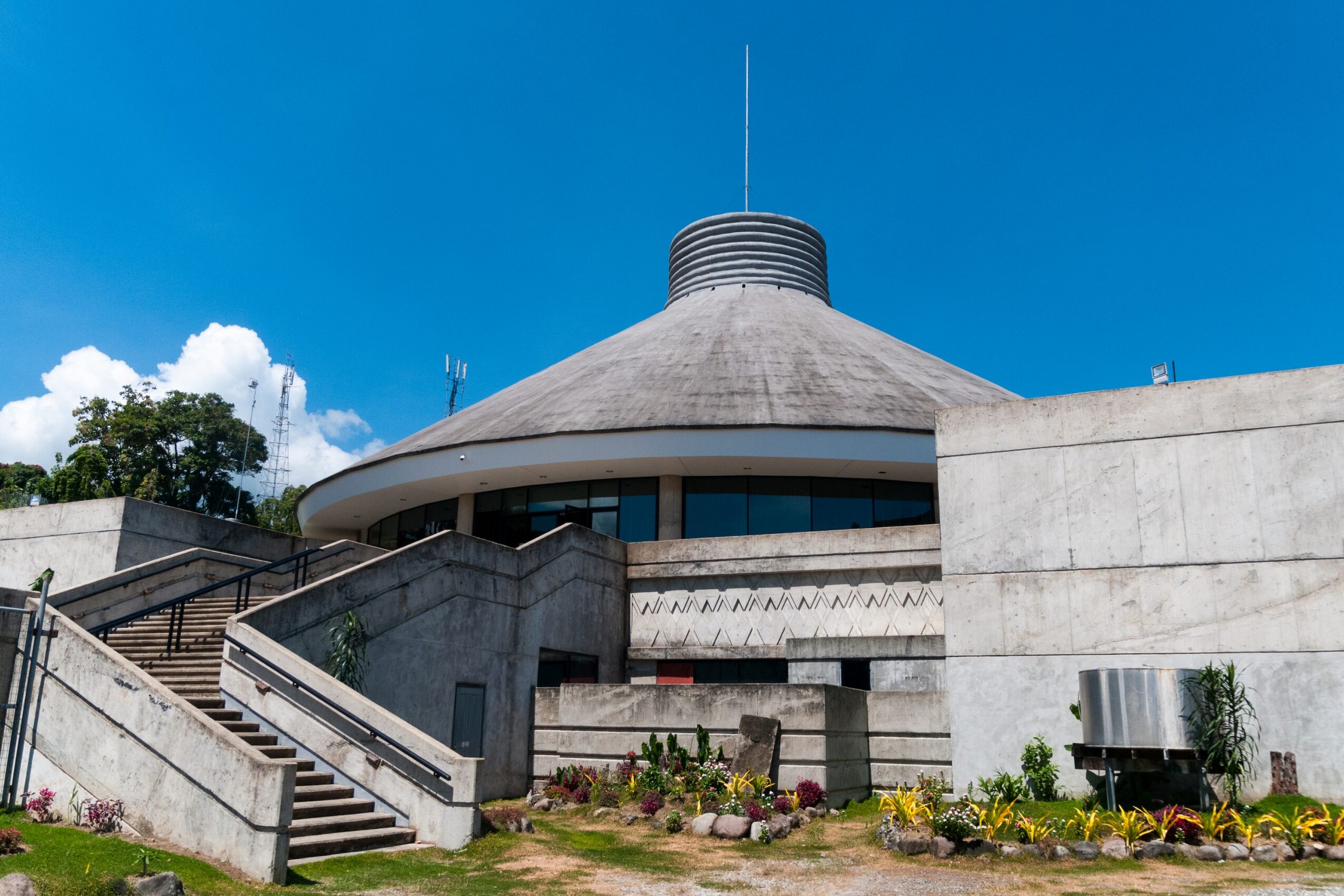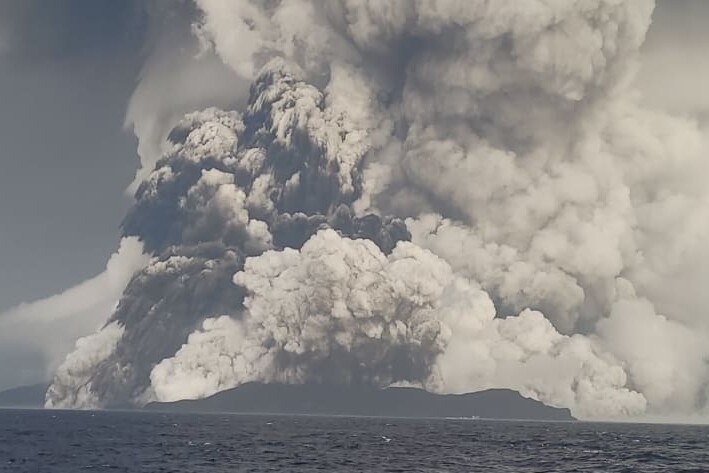Fiji: All change at FBC
22nd February 2023
Since the change in government in December, there have been substantial changes for FBC amid hope for broader media reform.
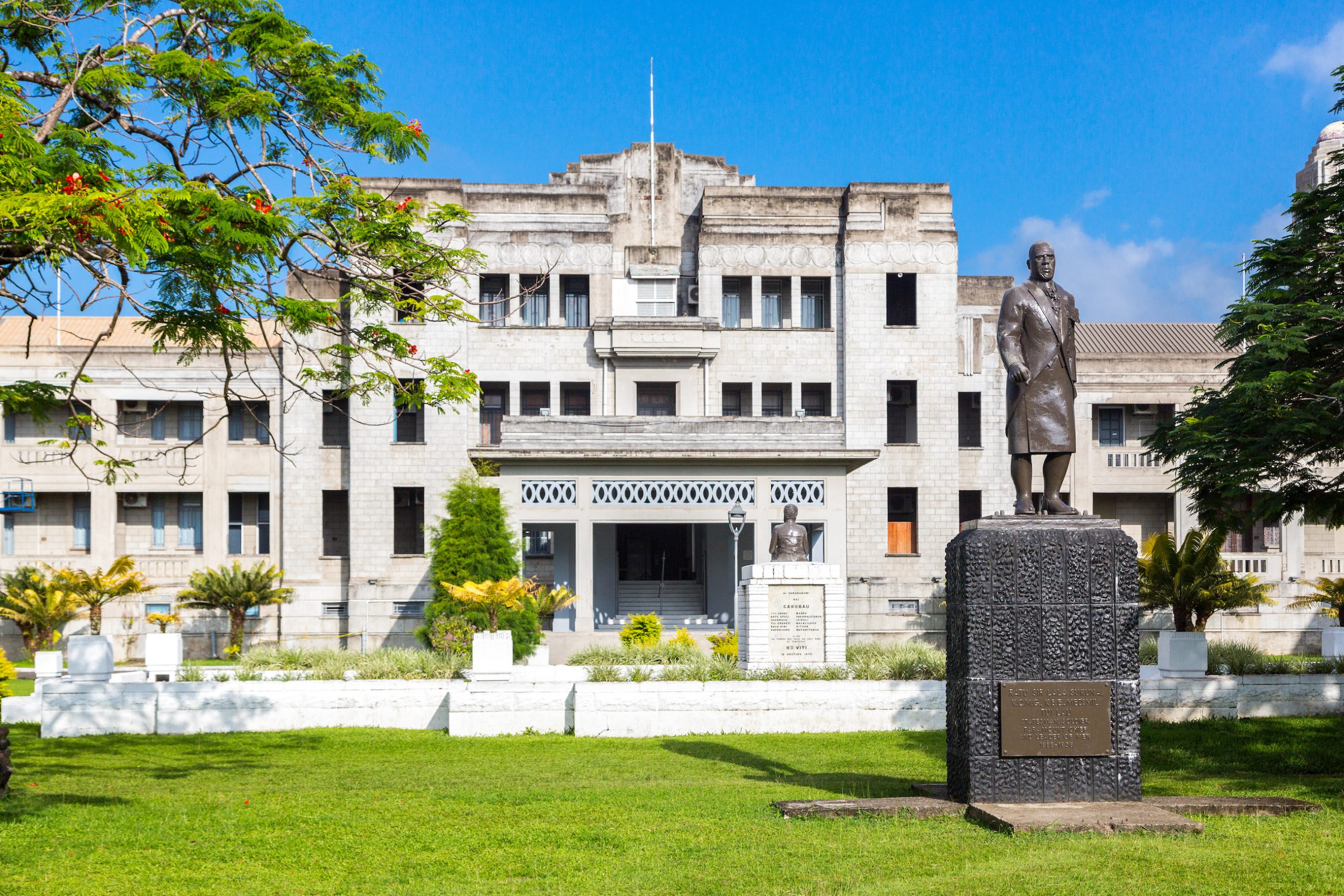
A new board. A new chief executive. A new brand. The past few weeks have witnessed immense change at Fiji’s national broadcaster, FBC.
The changes followed the December 2022 elections, which saw the Prime Minister of 16 years, Frank Bainimarama, lose to Sitiveni Rabuka. Mr. Bainimarama had been Prime Minister of the Pacific Island nation since the coup in 2006, and had won two elections subsequently. However, during his time in office he came under criticism for restricting media freedom. The main instrument of this was the Media Industry Development Act 2010, which banned foreign ownership of media outlets, and threatened fines or even jailtime for those reporting against what was considered the national interest.
The new administration has signalled its intention to amend or even repeal the law. “It is no secret that it is one of the priorities of the coalition government, so hopefully in the next few weeks we will be making some progress on that,” said Minister for Communications, Manoa Kamikamica earlier this year.
Read more: Solomon Islands government must respect national broadcaster’s independence
“You can see there is already freedom of the press that you can feel when there is a change in leadership. So that is a positive for the media industry and I can assure you that the Media Decree review is happening and it will be happening over the coming weeks.”
The Prime Minister has also signalled his intention to establish a more open society. “The coalition government has given an assurance that we will end the era of media oppression,” Mr. Rabuka said in a speech to Fiji’s parliament last week, reported Radio Free Asia. “We’re discussing new legislation that reflects more democratic values. … I have made it clear that the government is totally committed to allowing people the freedom of the press, allowing the nation the freedom of the press. I believe we cannot have proper democracy without a free press, which has been described as the oxygen of democracy.”
Subscribe toour newsletter
Keep updated with the latest public
media news from around the world
“We cannot have proper democracy without a free press, which has been described as the oxygen of democracy.” Sitiveni Rabuka, Prime Minister of Fiji
Meanwhile, the national broadcaster – the Fiji Broadcasting Corporation – has undergone wholescale changes. First, the board resigned. Then, a new board was installed, with Ajay Bhal Amrit appointed as the chair. Already, the new board has tried to signal a change in direction. “The new way forward resembles all-inclusiveness, not exclusivity, where one or two people make decisions,” Mr. Amrit said. “We are inclusive, whereby everyone will work together as one family guided by the principles of love, respect and compassion.”
One of the first actions of the new board was to sack the CEO, who came under fire for earning a salary higher than the Prime Minister. With the CFO appointed to the CEO position on an interim position, Mr. Amrit said, “The board will work with staff and management to ensure that FBC is a financially viable and a self-sustaining commercial business, while honouring its PSB [public service broadcasting] responsibilities.”
The final action has been the launch of a rebranded logo, designed to herald a fresh start for the organisation, which was unveiled by the new Prime Minister.
PMA will continue to monitor and report on the developments in Fiji in the coming weeks.
Related Posts
9th November 2022
The Trusted News Initiative creates Asia-Pacific network
Partners in the Trusted News Initiative…
25th August 2022
Public media expands reach and services for the Pacific
Public media organisations are…
5th August 2022
PMA: Solomon Islands government must respect broadcaster’s independence
The government has ordered Solomon…
27th July 2022
“A vital tool”: Why RNZ turned to shortwave after the Tongan volcanic eruption
When the Hunga Tonga-Hunga Ha'apai…
